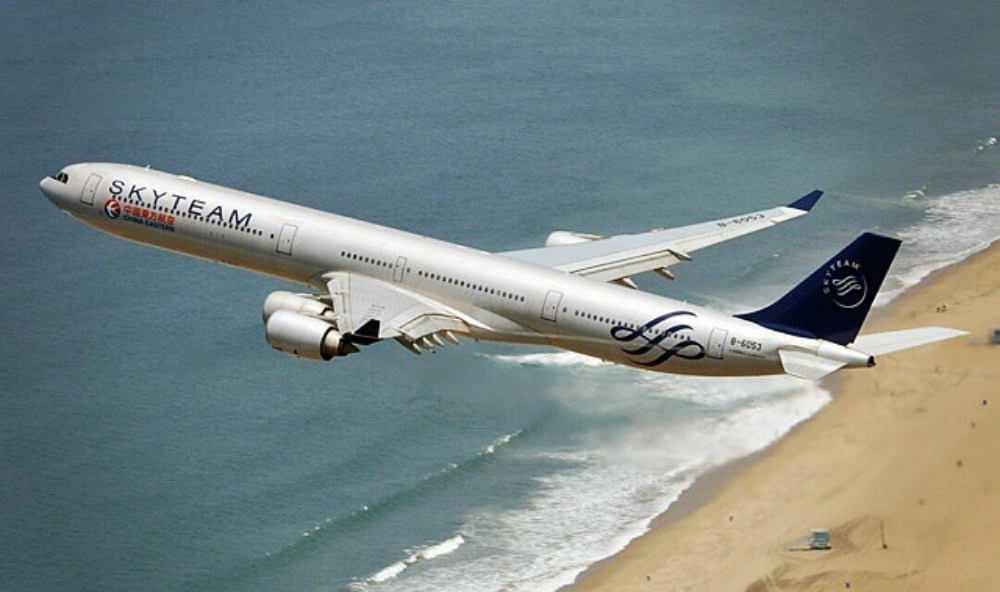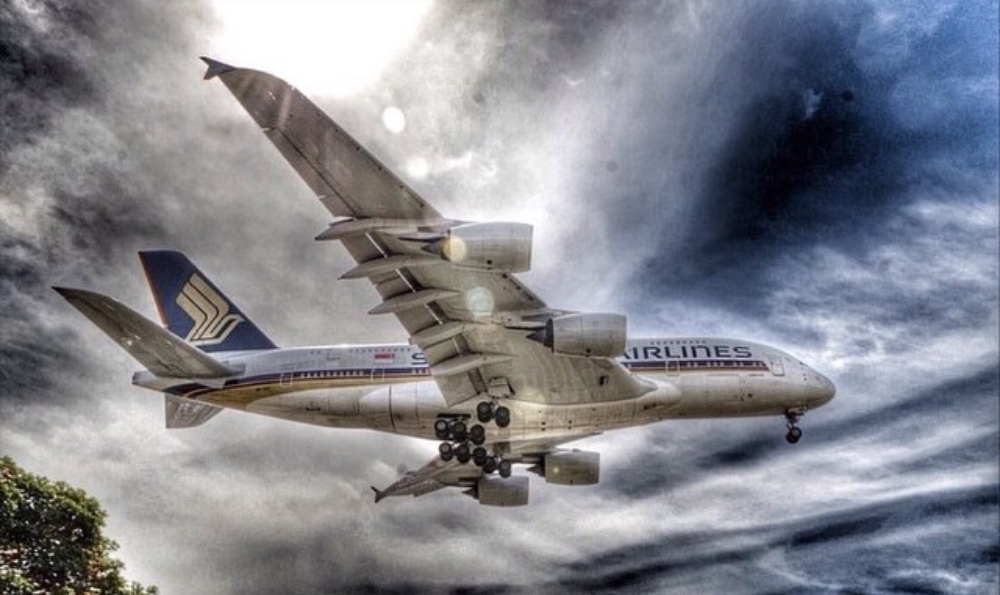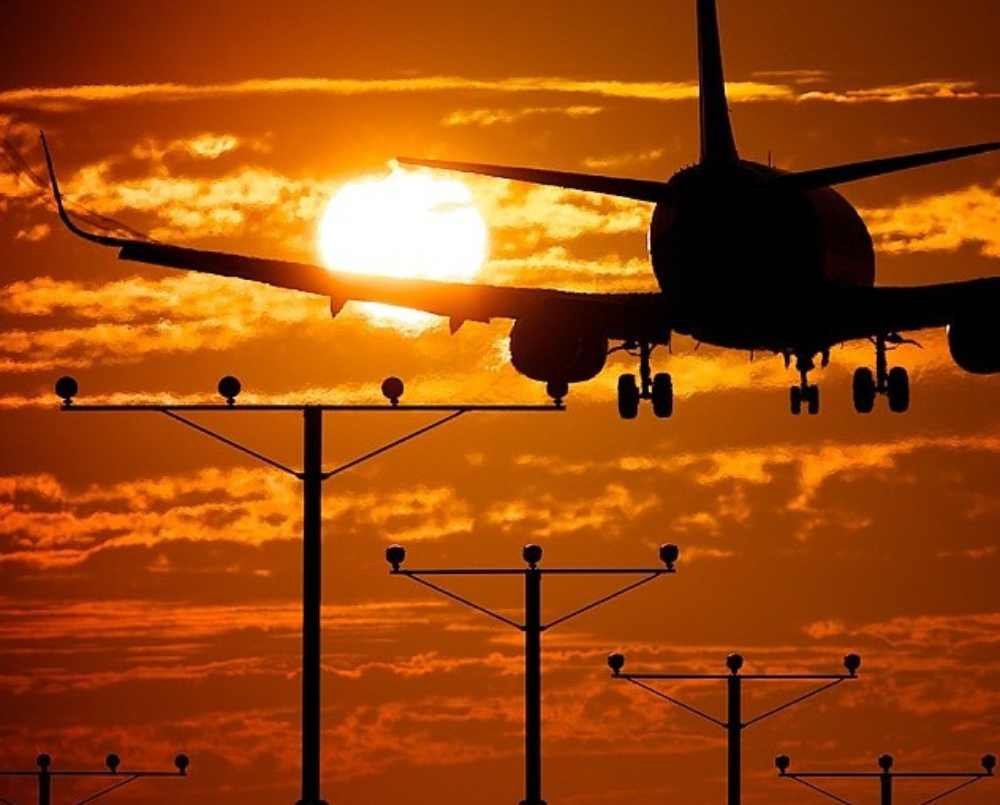Most of us are members of one or more frequent flyer schemes. Some of us are slavishly devoted to them, others rarely use them. But airlines make big money from these schemes. With revenue from ticket sales down right now because not many people are traveling, frequent flyer schemes are more important than ever to airlines.
But how is an airline frequent flyer scheme valued? Is it the size of the membership? The number of accrued points? The number of opportunities to earn points? It's a little more nuanced than that. A frequent flyer scheme gets valued primarily on engagement, earn and burn levels and the ease of doing so.
Stay informed: Sign up for our daily aviation news digest.
It's not about the raw membership numbers
There are a few metrics that help make a frequent scheme valuable. First, the number of members is a factor. Delta Air Lines has 92 million SkyMiles members. British Airways has over 10 million Executive Club members. Singapore Airlines' KrisFlyer program has just under five million members.
Now, you'd expect SkyMiles to have more members than KrisFlyer. Delta is a bigger airline than Singapore Airlines and is based in a far bigger market. Raw membership numbers are important, but they’re not everything.
But what is more important is the level of engagement members have. Like most industries, in the airline industry, a minority of passengers generate the bulk of revenue and travel activity. It's not much good having 92 million members if only a small fraction of them regularly transact on their frequent flyer account. The trick is to grow that lucrative minority.
Airline frequent flyer accounts are tiered. Status, or what tier you're on, is typically a function of how many flights you take and in what fare bucket. The great bulk of frequent flyer members are on lowly base level tiers, like United's MileagePlus silver tier or Executive Club's blue tier.
Engagement with the scheme is critical
Here's the thing, it's not really a question of status, it's a question of activity. You might not travel a lot, but you might earn and burn a lot of miles. Airlines make money from miles, not status.
Valuable frequent flyer schemes offer members lots of ways to earn and burn miles. Airlines sell points to other businesses for cold hard cash. Those businesses then offer points for buying their product or service. Credit card sign-up bonuses are the classic example. American Express paid Delta Air Lines $1.9 billion in the first half of 2020 to buy then hand out SkyMiles.
But not all jurisdictions have the same credit scoring and credit card regime as the United States does. Airlines based elsewhere have to get creative. In Australia, Qantas partners with a highly successful online wine store. They don't own the retailer, but it features Qantas branding and buys a stack of frequent flyer points from them. Qantas has about 12 million members or about 45% of Australia's population.
Good schemes offer a wide range of earn and burn opportunities
That's superficially impressive, but it comes back to how engaged with the scheme those 12 million members are. In addition to credit cards and wine stores, you can earn Qantas points filling up your car, buying bread at the supermarket, getting your dog doggysat, or insuring your TV. It's a successful scheme because of its breadth and depth. It facilities activity and engagement and that generates points which Qantas can sell for cash.
Ultimately, frequent flyer schemes are a sideline (albeit a profitable one) to the core airline business of flying. Most people think they are dependant on flying activity, but that's not entirely correct. Sure, the airline uses frequent flyer schemes and their airport and airborne perks as marketing tools, but the best frequent flyer schemes exist as a standalone business, encouraging members to earn and burn points as much as possible across a whole spectrum of day-to-day activities.
That activity generates revenue, and that's what the airlines are chasing, now more than ever. Ultimately, how well and to what extent a frequent flyer scheme generates revenue largely determines how it's valued.



